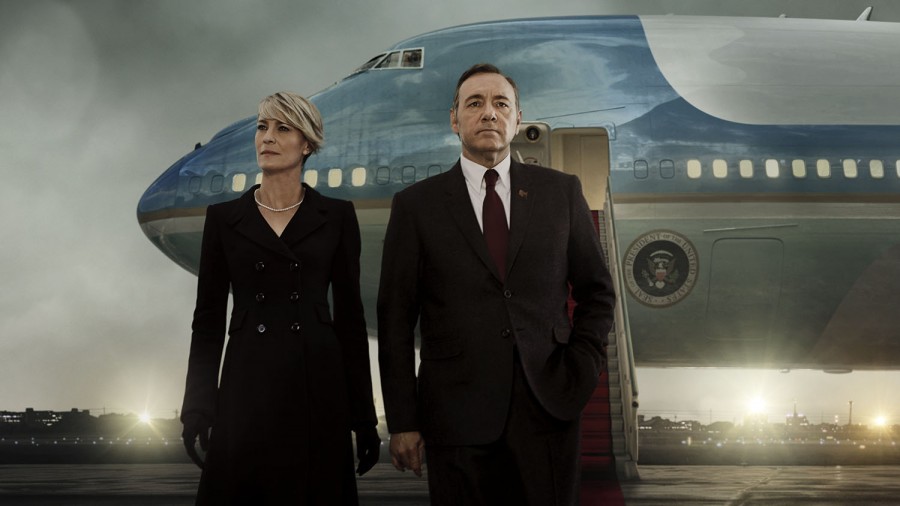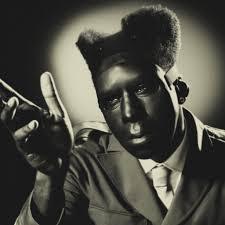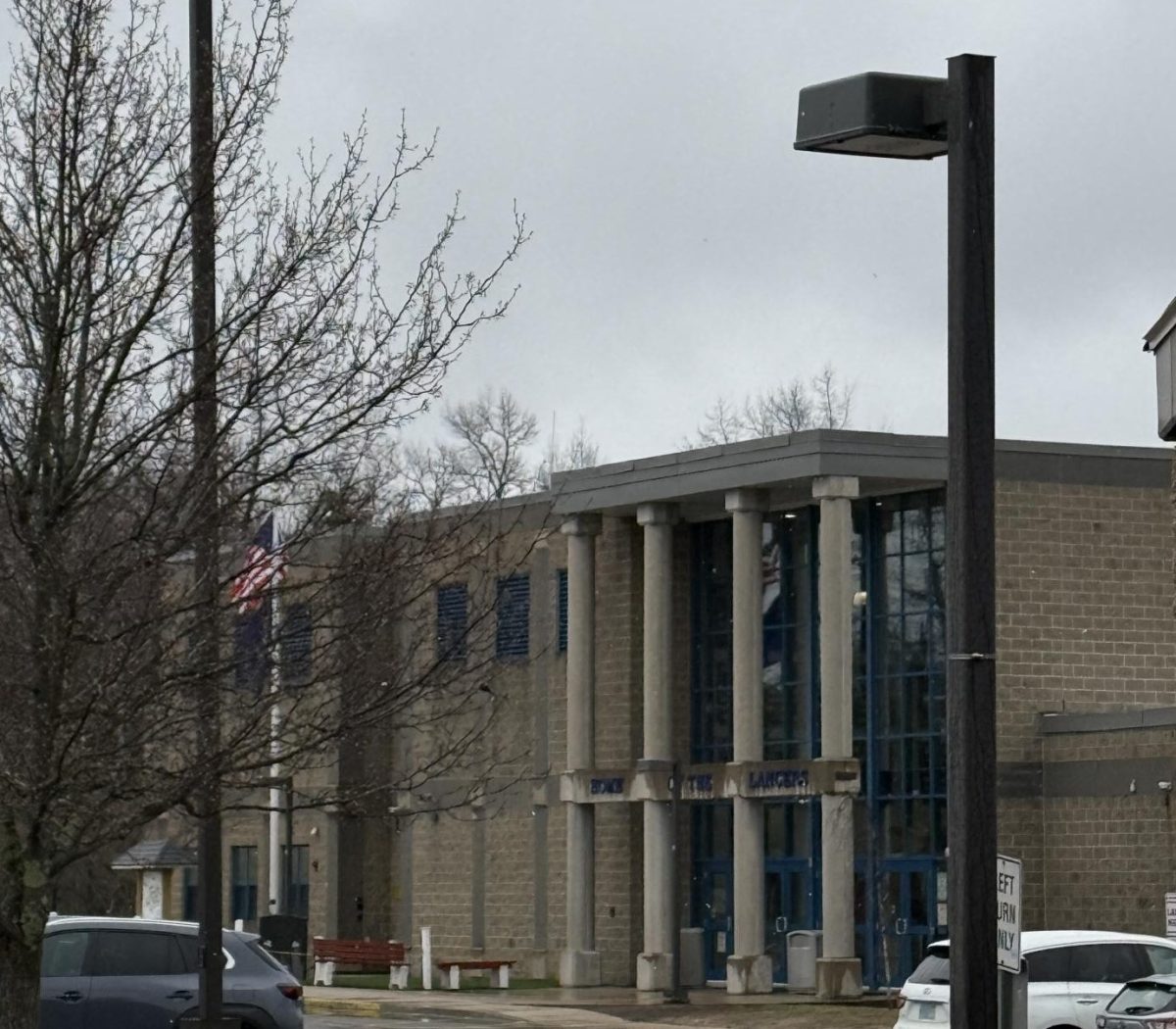Prior to the release of House of Cards’ fourth season this past Friday, I returned to earlier episodes in preparation for the new. What I found throughout the first three seasons was a consistently heavy amount of corruption, grit and most of all the politics that take place in our country’s capital city.
Continuing on with politician Frank Underwood’s climb up the political hierarchy, and eventually making his way into the presidency in season three, the Netflix original shows how far a man will go for absolute power.
After an exceptionally disturbing season three finale, which introduced one of the show’s most promising storylines, the excitement for the next crop of episodes was high. In the first several episodes of season four, tensions rapidly increased as the new conflict unfolded. However, as though a switch were suddenly flipped the season’s most advertised story abruptly ended. As though the extremely devastating events never took place the show returned to its norm.
Without spoiling that plotline, it is important to address. It was one of the most significant events in all of House of Cards, and it should not have been abandoned. Perhaps it will return in the future, but as of now it seems as though the writers were cowering out of what they did in the past season. With the season’s poster event erased President Underwood continued on with his reelection campaign, making that the frontrunning theme of the show.
One of this season’s most prominent theme is paralleling today’s world with the show’s fictitious one. Focusing on the real 2016 election season by including a Donald Trump analog and even going as far as introducing ICO, the fictional terrorist group nearly identical to ISIS, the show provides insightful commentary, but fails to shy away from feeling slightly gimmicky.
While including these current events in the show did further the its excitement and classic cutthroat feel, it does seem forced. As though a young child were jumping up and down and pointing at their accomplishment with pride and glee House of Cards takes what appears to be a deliberately obvious new political voice. The political tensions of the show diminish some in this latest season partly because of their no longer natural feel but also because there are less politics altogether.
Unlike how seasons one through three are heavily influenced by the clockwork of Washington, season four sheds the spotlight on the facades surrounding presidential election seasons. Obviously Underwood’s campaign is important to the show, but House of Cards has become more about corruption than politics. Some of the shows greatest highlights come from scenes when Frank delegates tasks throughout the political spectrum, and that is the biggest qualm there is to be had with season four. Losing much of the shows politically technical intrigue, its smarts are replaced with the gossipy campaign zeitgeist that is seen by the public eye.
With all of the season’s negatives being laid out on the table, it may not seem worth the watch, but what does make the new episodes intriguing is the revival of a storyline lost in season two. Almost entirely unspoken of in season three, the Zoe Barnes and Lucas Goodwin plotline make a more than welcome return. From the beginning of the series Frank Underwood’s corruption has been dramatic and escalating, and with the fourth season’s close it becomes apparent that one of TV’s most fearsome antiheroes is about to come face to face with justice.
By the looks of it, season five will be House of Cards’ last. Season four was overall a mess of filler episodes quickly strung together to get certain plot points out of the way. Mostly disposable, season four was still a reasonably exciting watch. Its biggest fault was by far its attempt in becoming more appealing to audiences. In recommendation for improvement, the show needs to return to its more technical roots. There are plenty of typical House of Cards jaw droppers to go around, but what the writers need to understand is that the shocks are not the show’s foundation.
6/10























